New research pushes human speech origins back dramatically. Dr. Steven Mithen suggests language began 1.6 million years ago.
This date is eight times older than previous estimates. Could this discovery rewrite our understanding of human evolution?
Brain Evolution: The Key to Human Speech
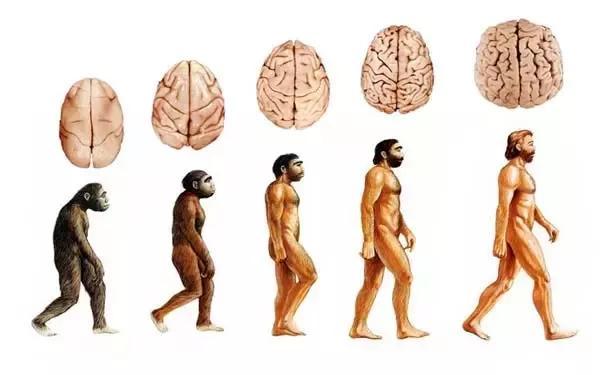
Human brain size increased rapidly from 2 million BC. Broca’s area, crucial for language, evolved around 1.6 million years ago.
This development coincided with improved working memory. How did these brain changes shape our ancestors’ communication?
Walking Upright: Unexpected Link to Speaking
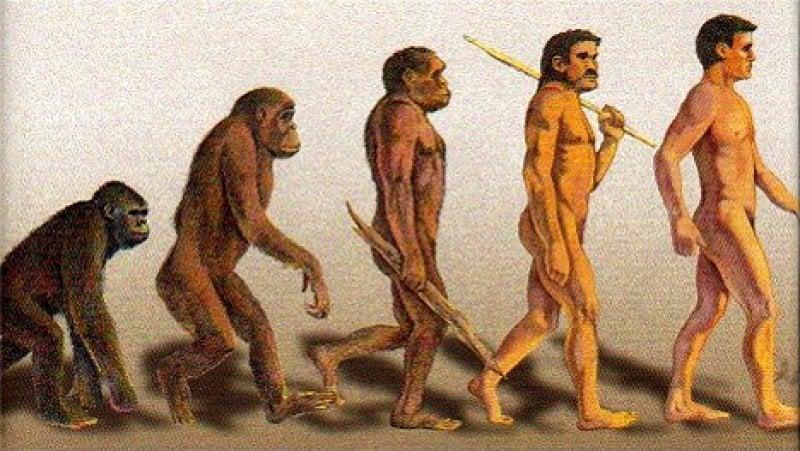
Advanced bipedalism emerged 1.8 million years ago. This change altered skull shape and vocal tract positioning.
These physical adaptations made speech possible. Did our ancestors’ first words coincide with their first steps?
Hunting and Language: A Survival Strategy
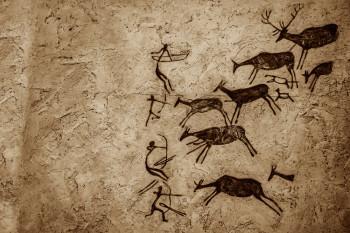
Humans compensated for physical weakness through communication. Group hunting began around 2 million years ago.
Language facilitated better planning and coordination. Could speech have been the secret weapon in early human survival?
Stone Tools: Silent Witnesses to Language Birth
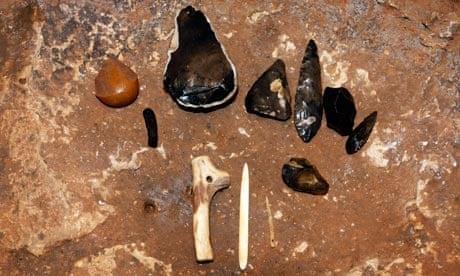
Sophisticated stone tool technology appeared 1.6 million years ago. These tools required complex knowledge transfer between generations.
Archaeologists have found over 5,000 such tools from this period. What other technological advances did language unlock?
Global Colonization: Talking Their Way Around Earth

Humans accelerated world colonization 1.4 million years ago. Language enabled adaptation to diverse climates and ecosystems.
Early humans spread across 20 million square kilometers in this period. How did speech drive this ancient globalization?
Pre-Language Communication: Grunts and Gestures Galore

Before 1.6 million BC, humans used limited communication. They likely had only a few dozen distinct sounds and gestures.
These were context-specific and lacked grammar. How did our ancestors bridge the gap to true language?
Modern Language Echoes: Ancient Sounds Survive Today
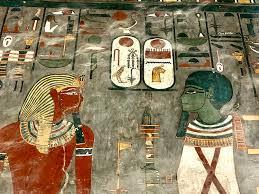
Some aspects of early language may still exist. Words mimicking sounds or objects were likely among the first.
About 1% of modern words are thought to be onomatopoeic. Can we hear echoes of our ancestors in today’s speech?
Gradual Development: The Long Road to Complexity

Language evolution was a slow process. It took hundreds of thousands of years to gain sophistication.
Modern humans emerged 150,000 years ago, further developing language. What linguistic milestones occurred along this evolutionary journey?
Future Research: Recreating Prehistoric Speech
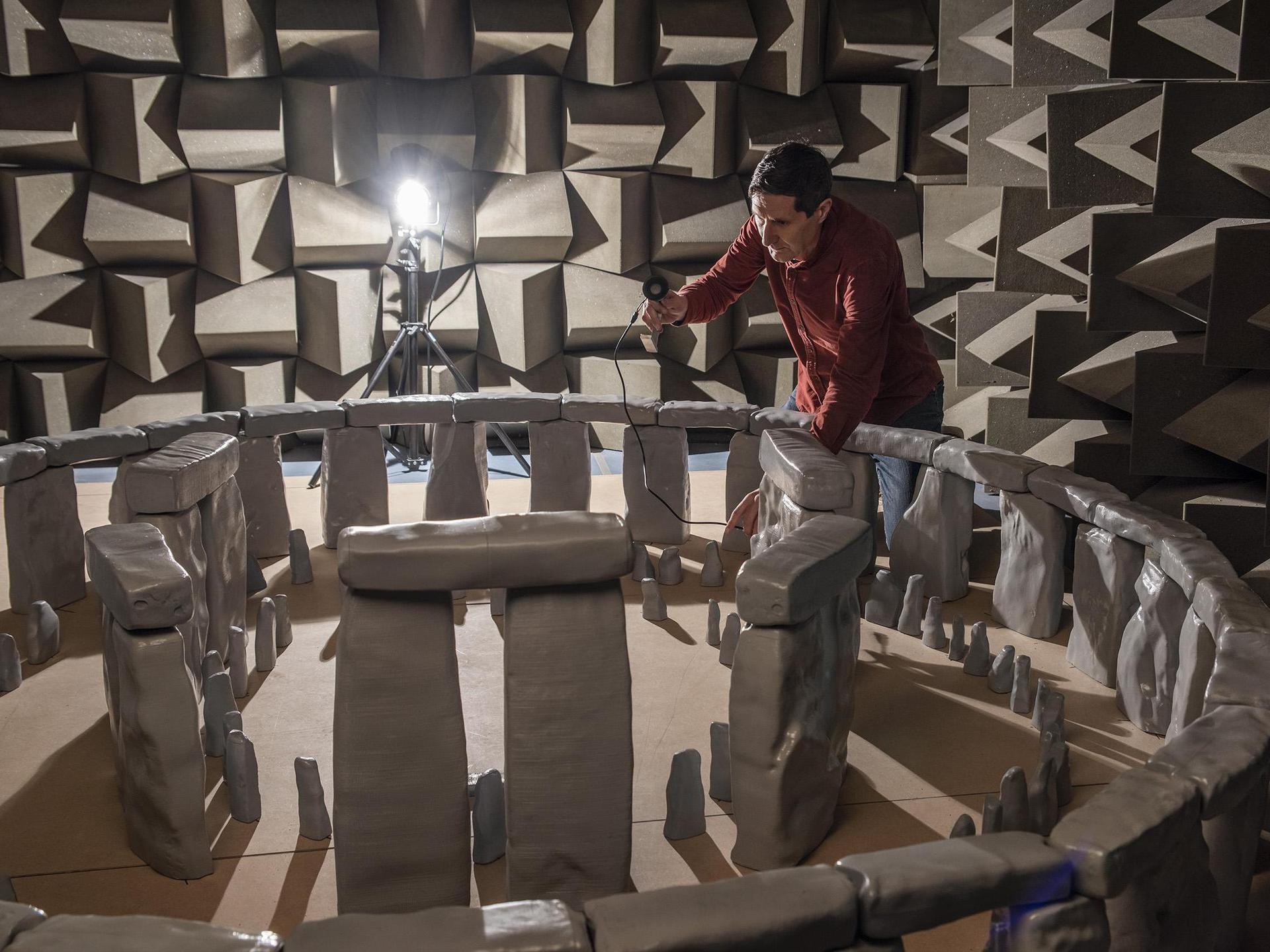
Scientists aim to reconstruct early language structure. This could reveal how our ancestors communicated.
Over 7,000 languages exist today, all potentially linked to this origin. Will we ever hear the first human words spoken again?

